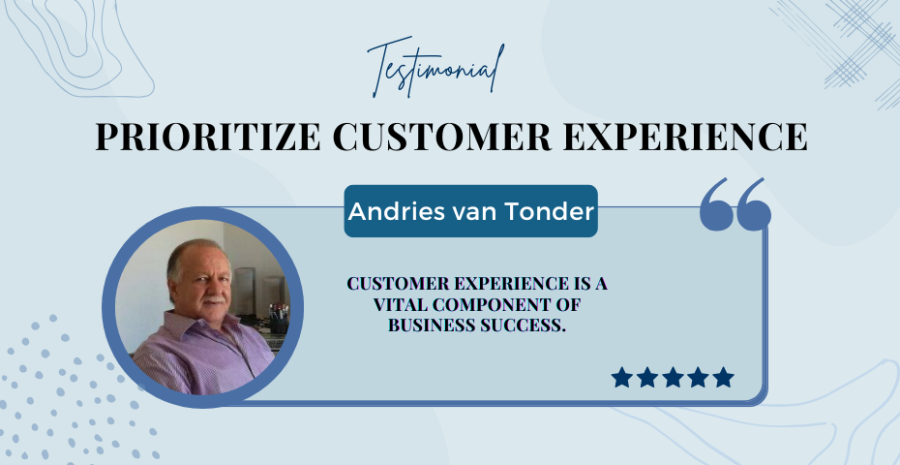Think Entrepreneurship: Strategies for Launching a Successful Business in Todays Market

Introduction: Think Entrepreneurship in Today’s Dynamic Market
In today’s ever-evolving market, the path to entrepreneurship offers incredible opportunities but also considerable challenges. With rapid advancements in technology, changing consumer preferences, and global economic shifts, successful entrepreneurship requires more than just a brilliant idea—it demands resilience, strategic thinking, and continuous innovation.
“Think Entrepreneurship” emphasizes a mindset that combines creativity, practicality, and foresight to transform ideas into profitable ventures. Aspiring entrepreneurs must grasp a thorough understanding of current market trends, consumer demands, and technological developments to gain an edge in the highly competitive business landscape.
This blog explores ten vital strategies to set you on the path to business success, each addressing an essential aspect of entrepreneurship—from ideation to execution, marketing to resilience, and everything in between.
Let’s delve into these insights to shape a roadmap for creating a thriving business.
1. Develop a Clear Vision and Mission

Every successful entrepreneurial journey starts with a clear and compelling vision. A vision defines what you aim to achieve, while a mission articulates why your business exists and how it will impact the market.
Together, they give your business a sense of purpose and direction, ensuring that every action aligns with your long-term goals. When developing a vision, consider what differentiates your product or service, the unique value you aim to provide, and the specific audience you hope to serve.
An effective mission statement should resonate with potential customers, reflecting their needs and the solution your business provides.
By anchoring your decisions and strategies in a robust vision and mission, you create a foundation for sustainable growth and purpose-driven success.
2. Conduct Comprehensive Market Research

Understanding your market is fundamental to launching a successful business. Comprehensive market research helps identify gaps in the market, understand customer preferences, and evaluate competitors.
This process involves analyzing demographic data, assessing demand trends, and gathering insights into your target audience’s buying behavior. Effective market research will uncover unmet needs or areas where you can innovate to offer superior solutions.
Moreover, knowing your competitors’ strengths and weaknesses allows you to position your business advantageously.
Equipped with a clear picture of the market landscape, you can refine your offerings, adjust pricing strategies, and develop a value proposition that truly resonates.
3. Build a Resilient Business Model
.png)
A resilient business model is one that can adapt to changes in the market, withstand economic downturns, and remain profitable in the face of competition.
Start by identifying your primary revenue streams, cost structure, and key resources needed to operate effectively.
Think about scalability and flexibility: is your business model designed to grow as demand increases? Also, explore alternative revenue sources that could support your business during lean periods.
A strong business model serves as a blueprint that not only guides your startup phase but also ensures your venture remains viable as it evolves, helping you pivot when needed and thrive over time.
4. Embrace Innovation and Adaptability

Innovation is at the heart of entrepreneurship. Businesses that fail to innovate often struggle to stay relevant. Encourage a culture of creativity and openness to change within your team.
Experiment with new ideas, technologies, and processes that can improve your product or service. Innovation can come in many forms, from streamlining internal processes to enhancing customer experiences.
Equally important is adaptability—the ability to shift strategies and pivot when faced with unexpected challenges.
By fostering a mindset that welcomes innovation and embraces change, you position your business as forward-thinking and resilient, ready to seize new opportunities as they arise.
5. Leverage Technology to Streamline Operations

Today’s businesses have access to an array of technological tools that can enhance productivity and improve customer engagement.
From CRM software to digital marketing platforms, technology enables businesses to streamline operations, reduce costs, and better understand their customers.
Identify areas within your business where automation or software can save time and resources, allowing you to focus on strategic growth.
Additionally, invest in cybersecurity measures to protect customer data and maintain trust.
By effectively leveraging technology, you can operate more efficiently, scale your business, and provide a seamless experience for your customers.
6. Prioritize Customer Experience

Customer experience is a vital component of business success. Satisfied customers are more likely to return, refer others, and become loyal advocates for your brand.
Focus on delivering exceptional service, addressing customer feedback promptly, and continuously improving your offerings to meet their needs.
Personalization and proactive communication can go a long way in building strong customer relationships.
Develop a customer journey map to identify touchpoints and areas for enhancement.
By prioritizing customer experience, you create a positive brand reputation and increase your chances of long-term success through strong customer loyalty.
7. Create a Robust Marketing Strategy

A well-rounded marketing strategy is essential to reach and engage your target audience. Start by identifying the most effective channels to communicate your message, whether through social media, email marketing, SEO, or influencer partnerships.
Develop content that speaks to your audience’s needs and showcases your product’s unique value. Additionally, track your marketing performance regularly to identify what’s working and refine your approach.
Consistent and strategic marketing not only attracts new customers but also reinforces your brand’s credibility and authority in the market, ultimately driving sales and growth.
8. Focus on Financial Management

Effective financial management is critical to sustaining your business. This includes budgeting, forecasting, and regularly analyzing your financial performance.
Make informed decisions about funding, whether through investors, loans, or self-financing, and carefully allocate resources to avoid unnecessary expenses.
Understanding key financial metrics, such as profit margins, cash flow, and ROI, will help you gauge the health of your business and make adjustments as needed.
By establishing sound financial practices early on, you can secure your business’s future and navigate any economic challenges with confidence.
9. Build a Strong Network and Seek Mentorship

Networking and mentorship can provide invaluable support as you grow your business. Connect with other entrepreneurs, industry experts, and potential partners who can offer insights and opportunities.
Mentorship can guide you through challenges and offer new perspectives, helping you make better-informed decisions.
Attend industry events, join entrepreneur communities, and seek advisors who can help you refine your strategy and expand your reach.
A robust network not only provides advice and mentorship but can also open doors to partnerships, funding, and valuable business opportunities.
10. Cultivate Resilience and Learn from Failure
.png)
Entrepreneurship is often a journey filled with setbacks and failures. Building resilience—the ability to bounce back from difficulties—is essential to long-term success.
Treat each challenge as a learning opportunity, and don’t let setbacks deter you from pursuing your vision.
Reflect on your experiences, identify areas for improvement, and be willing to pivot when necessary.
Cultivating resilience enables you to navigate the unpredictable landscape of entrepreneurship with determination and adaptability, ultimately bringing you closer to achieving your goals.
Last Word: Shaping Success through Strategic Entrepreneurship
In the ever-changing world of entrepreneurship, having a strategic approach can make all the difference between success and failure.
The process of launching and growing a business requires careful planning, a thorough understanding of your market, and a deep commitment to innovation.
By incorporating the strategies discussed here, you are better equipped to navigate challenges, seize new opportunities, and foster meaningful connections with customers and partners.
Think Entrepreneurship is more than just a mindset; it’s a proactive approach that empowers you to build a resilient and sustainable business. Embrace these strategies as you embark on your entrepreneurial journey, keeping your vision clear and your focus sharp.
With the right blend of passion, planning, and perseverance, you can transform your vision into a thriving, impactful venture in today’s dynamic market.

About: Andries vanTonder
45 years selfemployed
He is a Serial Entrepreneur, an Enthusiastic supporter of Blockchain Technology and a Cryptocurrency Investor
Find me: Markethive Profile Page | My Twitter Account | My Instagram Acount | and my Facebook Profile.
Markethive News
.png)

%20(1).png)